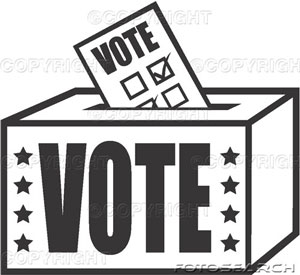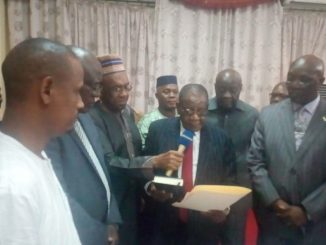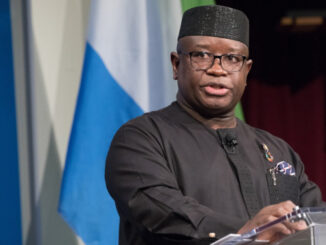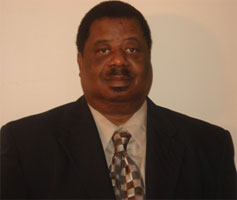
By Alpha Sheriff —
The Public Elections Act 2012 gives the National Electoral Commission (NEC) the powers to “make provision for the registration outside Sierra Leone of non resident citizens of Sierra Leone who may wish to be registered as voters”. (PEA Section 18)
In its 2015 to 2019 strategic plan, the National Electoral Commission has expressed its intention to register non resident citizens living outside Sierra Leone as voters for the upcoming presidential elections.
This has generated a heated debate with opposition political parties such as the SLPP and the PMDC dovetailing to create an impression as if registration of voters outside Sierra Leone is illegal and is the making of the ruling All Peoples Congress with an intention to unholy increase the party’s vote in a subsequent presidential election.
Recalling that the Public Elections Act 2012 was enacted before the 2012 elections and by a Parliament comprising both SLPP and PMDC Members of Parliament together with APC Members of Parliament and notwithstanding that the APC has a majority in Parliament, this clause, during the debate, attracted no criticism from the SLPP and PMDC MPs then. As such it was unanimously agreed by the Parliament then that registration of non resident Sierra Leoneans living outside the country to vote is a legal requirement in ensuring the full participation of all Sierra Leoneans in the election process.
In previous elections, there has been Sierra Leoneans from the political divide living abroad who travel from distance to register as voters and vote in elections. Many others would have loved to be part of the election process but because of several reasons could not travel home to register and vote in elections.
From the APC point of view, as a political party with established branches across the world, the intention of the National Electoral Commission to commence the practice of registering eligible Sierra Leoneans living outside the country to vote in subsequent elections is a welcome initiative. It is also the conviction that many Sierra Leoneans living abroad will welcome this initiative.
But the brewing hullabaloo coming from the SLPP and the PMDC is most uncalled for given that both political parties also have members living in the diaspora who at any given election period have to travel back home to register and to vote.
And what is most dismaying is when the opposition tend to pretend as if this legislation, and by extent the intention of NEC to register non resident Sierra Leoneans living abroad as voters, will not be of benefit to them and is not an international best practice of many advanced democracies and one that will further advance our democracy.
Agreeably, as some civil society organizations have advanced, NEC should however proceed with this initiative with extreme caution especially when considered that before the coming of the APC to governance in 2007, Sierra Leone passport had been sale to the highest bidder in many parts of the world which has caused other nationals such as Chinese, Koreans, Nigerians, Ghanaians, to name a few, holding Sierra Leone passport and could claim citizenship which could automatically qualify them to be considered as non resident Sierra Leoneans with right to be registered as voters.
However, in many countries were Sierra Leoneans are living they have a national organization which keeps them together and could it be easy to reach out to them through these organizations. Again, considering that some Sierra Leoneans living abroad have not visited home for a very long time and actually rely on social media and other international news agencies for news about events back home and could possibly not make any informed political decision one wonders what criteria NEC would be using to determine who should be registered to vote.
As it is a law that non resident Sierra Leoneans should be registered as voters and NEC has expressed its intention to do so in its 2015 to 2019 strategic plan, it behooves all right thinking Sierra Leoneans to join NEC in approaching this endeavour with extreme caution by proffering suggestions as to how it should be done and not to decry the relevance of this laudable step in further enriching the nation’s democratic culture.
End.
© WE YONE PRESS



